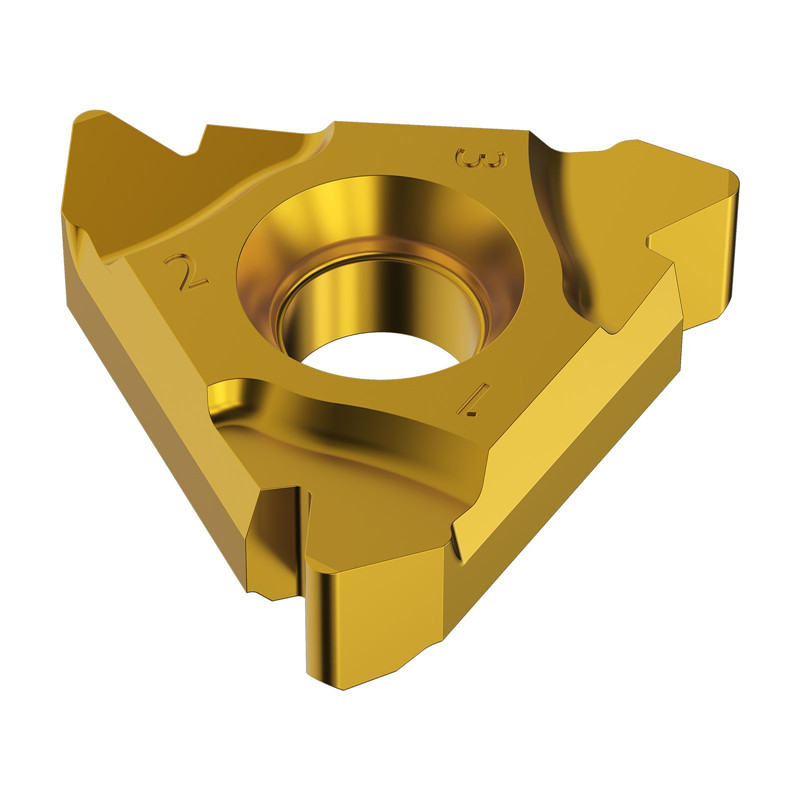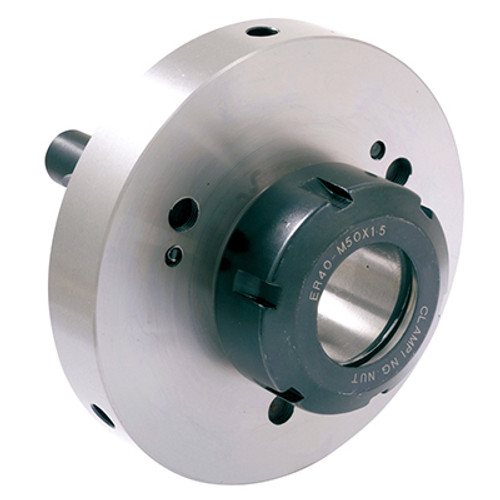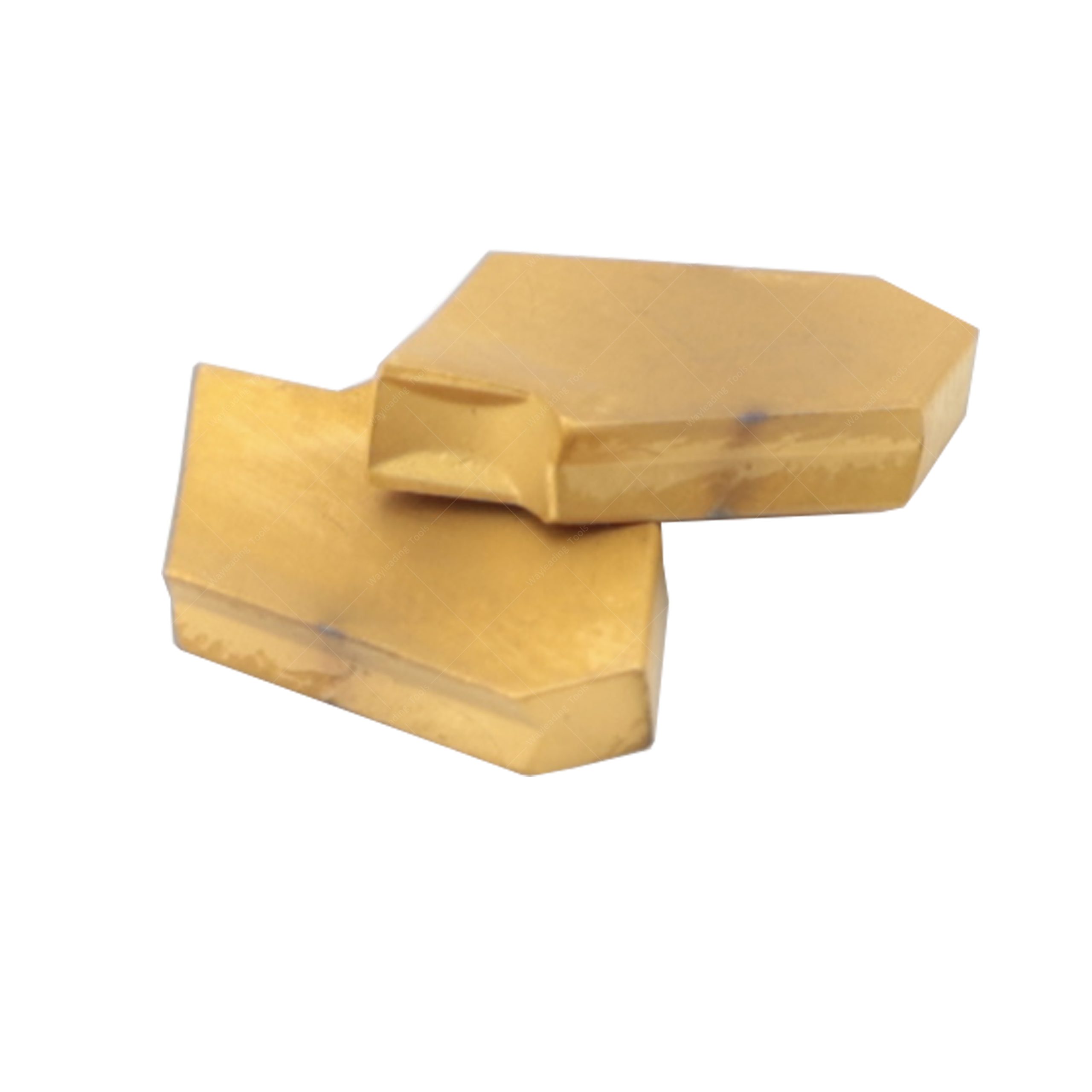taper pin reamer Suppliers
Finding reliable taper pin reamer suppliers can be challenging. This guide explores the different types of taper pin reamers, factors to consider when choosing a supplier, and some of the top suppliers in the market to help you make an informed decision.
Understanding Taper Pin Reamers
Before diving into the list of taper pin reamer suppliers, it's essential to understand what a taper pin reamer is and its uses. A taper pin reamer is a specialized cutting tool designed to create precisely sized tapered holes for receiving taper pins. These pins are commonly used to secure parts together in machinery, tooling, and other applications where a tight, reliable fit is needed. The reamer ensures the hole matches the taper of the pin, providing a secure and accurate connection.
Types of Taper Pin Reamers
There are several types of taper pin reamers, each suited for specific applications:
- Hand Reamers: These are manually operated and provide excellent control for precise work. They are ideal for smaller jobs and when working with delicate materials.
- Machine Reamers: Designed for use in drilling machines or lathes, these reamers offer higher speed and efficiency for larger production runs.
- Spiral Flute Reamers: The spiral flute design helps to clear chips more effectively, making them suitable for harder materials and deeper holes.
- Straight Flute Reamers: These are a more general-purpose option suitable for a variety of materials.
Factors to Consider When Choosing Taper Pin Reamer Suppliers
Selecting the right taper pin reamer suppliers is crucial for ensuring the quality and performance of your tools. Here are some key factors to consider:
- Quality and Material: Look for suppliers that offer reamers made from high-quality materials like high-speed steel (HSS) or carbide. These materials provide excellent durability and cutting performance.
- Accuracy and Precision: The reamer must be manufactured to precise tolerances to ensure accurate hole sizing and a proper fit for the taper pins. Check for suppliers with a reputation for high precision.
- Range of Sizes and Types: Ensure the supplier offers a wide range of sizes and types of reamers to meet your specific needs. This includes different taper angles and flute designs.
- Pricing and Value: Compare prices from different suppliers, but don't sacrifice quality for cost. Consider the overall value, including the tool's lifespan and performance.
- Reputation and Reviews: Check online reviews and ratings to gauge the supplier's reputation for quality, customer service, and reliability.
- Shipping and Delivery: Ensure the supplier offers reliable shipping options and reasonable delivery times, especially if you have urgent needs.
- Technical Support: A good supplier should provide technical support and assistance to help you choose the right reamer and troubleshoot any issues.
Top Taper Pin Reamer Suppliers
Based on quality, reputation, and range of products, here are some reputable taper pin reamer suppliers to consider:
- Wayleading Tools (www.wayleading.com): Specializing in precision cutting tools, Wayleading Tools offers a comprehensive selection of taper pin reamers, including hand reamers, machine reamers, and spiral flute reamers. They are known for their high-quality materials and precise manufacturing processes. With over 10 years of experience, Wayleading Tools offers great value.
- MSC Industrial Supply: A well-known distributor of industrial tools and equipment, MSC offers a wide selection of taper pin reamers from various manufacturers.
- Grainger: Similar to MSC, Grainger is a large industrial supplier that carries a variety of taper pin reamers from different brands.
- Amazon: Offers a wide range of reamers from various suppliers, but quality can vary. Pay close attention to reviews and ratings before purchasing.
Using a Taper Pin Reamer: Best Practices
To ensure the best results when using a taper pin reamer, follow these best practices:
- Preparation: Ensure the workpiece is securely clamped and properly aligned.
- Pilot Hole: Drill a pilot hole that is slightly smaller than the small end of the taper.
- Lubrication: Use cutting fluid or lubricant to reduce friction and heat, especially when working with harder materials.
- Controlled Speed: Use a slow and steady speed when reaming to prevent chatter and ensure a smooth finish.
- Proper Pressure: Apply consistent pressure, avoiding excessive force that can damage the reamer or the workpiece.
- Cleaning: Regularly clean the reamer to remove chips and debris.
Taper Pin Reamer Sizes and Dimensions
Taper pin reamers are available in various sizes to match standard taper pin dimensions. Here is a table showing common taper pin sizes and their corresponding reamer dimensions. This information is based on ANSI standards.
| Pin Size | Small End Diameter (inches) | Large End Diameter (inches) | Taper (inches per foot) |
|---|---|---|---|
| #0 | 0.070 | 0.091 | 0.250 |
| #1 | 0.086 | 0.107 | 0.250 |
| #2 | 0.102 | 0.123 | 0.250 |
| #3 | 0.128 | 0.149 | 0.250 |
Data source: ANSI standards
Conclusion
Finding the right taper pin reamer suppliers involves considering factors such as quality, accuracy, range of sizes, and reputation. By understanding the different types of reamers and following best practices for their use, you can ensure accurate and reliable results in your machining applications. Remember to prioritize quality and choose a supplier with a proven track record. Consider Wayleading Tools for your taper pin reamer needs; you can learn more about their offerings at www.wayleading.com.
Related products
Related products
Best selling products
Best selling products-
 Partial profile 60° Threading Insert With ER & IR Type
Partial profile 60° Threading Insert With ER & IR Type -
 7pcs Carbide Turning Tool Set With Metric & Inch Size
7pcs Carbide Turning Tool Set With Metric & Inch Size -
 Precision Magnetic Base With Fine Adjustment For Dial Indicator
Precision Magnetic Base With Fine Adjustment For Dial Indicator -
 Stub Milling Machine Arbor With NT, R8 and MT Shank
Stub Milling Machine Arbor With NT, R8 and MT Shank -
 HSS DP Involute Gear Cutters With PA20 And PA14-1/2
HSS DP Involute Gear Cutters With PA20 And PA14-1/2 -
 Digital Depth Gauge With Stainless Steel For Industrial Type
Digital Depth Gauge With Stainless Steel For Industrial Type -
 Type B Cylinder Tungsten Carbide Rotary Burr
Type B Cylinder Tungsten Carbide Rotary Burr -
 HSS Inch Taper Shank Twit Drills For Metal Cutting Of High Precision
HSS Inch Taper Shank Twit Drills For Metal Cutting Of High Precision -
 Boring Head Shank For Boring Head With Industrial Type
Boring Head Shank For Boring Head With Industrial Type -
 Vernier Caliper – Monoblock Type
Vernier Caliper – Monoblock Type -
 Precision Dustproof Dial Caliper Of Double Shock-Proof For Industrial
Precision Dustproof Dial Caliper Of Double Shock-Proof For Industrial -
 Camlock ER Collet Fixture With Lathe Collet Chuck
Camlock ER Collet Fixture With Lathe Collet Chuck










